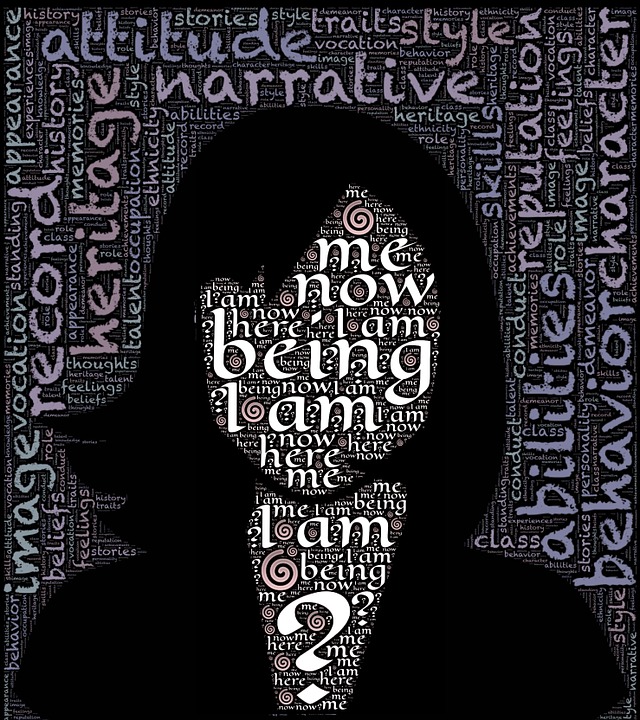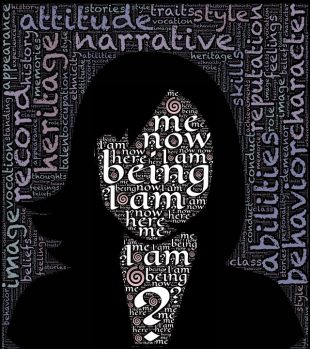
The world through a different lens
 Yuna has been in Korea, now, for a year and a half, teaching English at a hagwon (cram school) to young students. It’s the typical rigorous academy that prepares students for the TOEFL exam and they are visibly stressed. But that could have been her. Back home in America, her Korean parents are a reminder that she could have been sitting in those same seats, worrying about English exams and undergoing the same difficult Korean education system. But her parents both moved to the United States—her mother when she was in her twenties and her father as a child—where they would meet and marry. Their children would grow up in New York City, but Yuna’s mother was determined to pass down her Korean roots to her children. And most certainly, Yuna deeply identifies with her ethnicity. “It’s weird. I think I’m fully American culturally, but at the same time, I am Korean in so many ways. I would say I’m 60% Korean; I joke that I have the most Korean taste-buds in the family.”
Yuna has been in Korea, now, for a year and a half, teaching English at a hagwon (cram school) to young students. It’s the typical rigorous academy that prepares students for the TOEFL exam and they are visibly stressed. But that could have been her. Back home in America, her Korean parents are a reminder that she could have been sitting in those same seats, worrying about English exams and undergoing the same difficult Korean education system. But her parents both moved to the United States—her mother when she was in her twenties and her father as a child—where they would meet and marry. Their children would grow up in New York City, but Yuna’s mother was determined to pass down her Korean roots to her children. And most certainly, Yuna deeply identifies with her ethnicity. “It’s weird. I think I’m fully American culturally, but at the same time, I am Korean in so many ways. I would say I’m 60% Korean; I joke that I have the most Korean taste-buds in the family.”Her favorite Korean dish is seolleongtang (ox bone soup), which she amusingly adds is like a “grandma’s” food. That was how it was with being brought up by her mother though. Having immigrated to America as a young woman, Yuna’s mother often reminisced of the life she left behind in Korea, talking about the food and traditions that were part of the Confucius society; the importance of respecting one’s elders for their hard work which eventually became the foundation for the future generation.
Arriving in Korea, Yuna was surprised to see that the Korea she had come to know through her mother wasn’t quite the same. People weren’t as eager to respect the elderly as she had expected. She saw poor halmonis (Korean for grandmothers) sitting on the station floor selling the small amount of vegetables they had all day. People just went their own way, ignoring the women, refusing to buy anything. It was hard to understand why they would leave the grandmothers to struggle like that.
So, some parts to the country were difficult to get used to and still other aspects were completely jarring, but it was also refreshing, in a way, to be able to mix in comfortably in a place where she is a foreigner. Yuna’s Asian eyes and skin color brought no questioning glances in Seoul—whereas in New York, people would push “No really, where are you from” to her face. It didn’t make sense to have to remind those Americans that she, too, was from America.
Korea is not home. But in how she has been accepted and through the experiences she has had, Yuna has been given a healthy dose of perspective of her current position and possibly a better idea of future steps: “I view the world a lot more differently now. Before I saw the world through a very American lens.”


